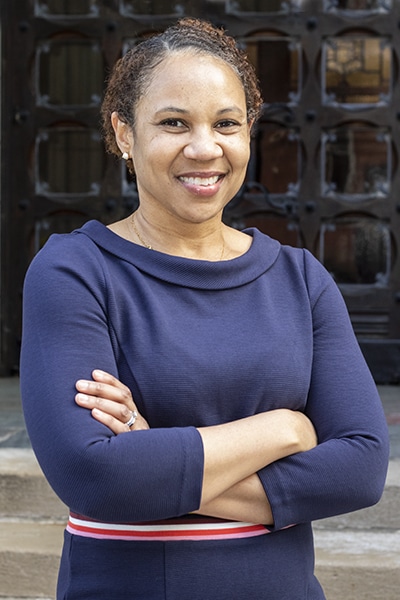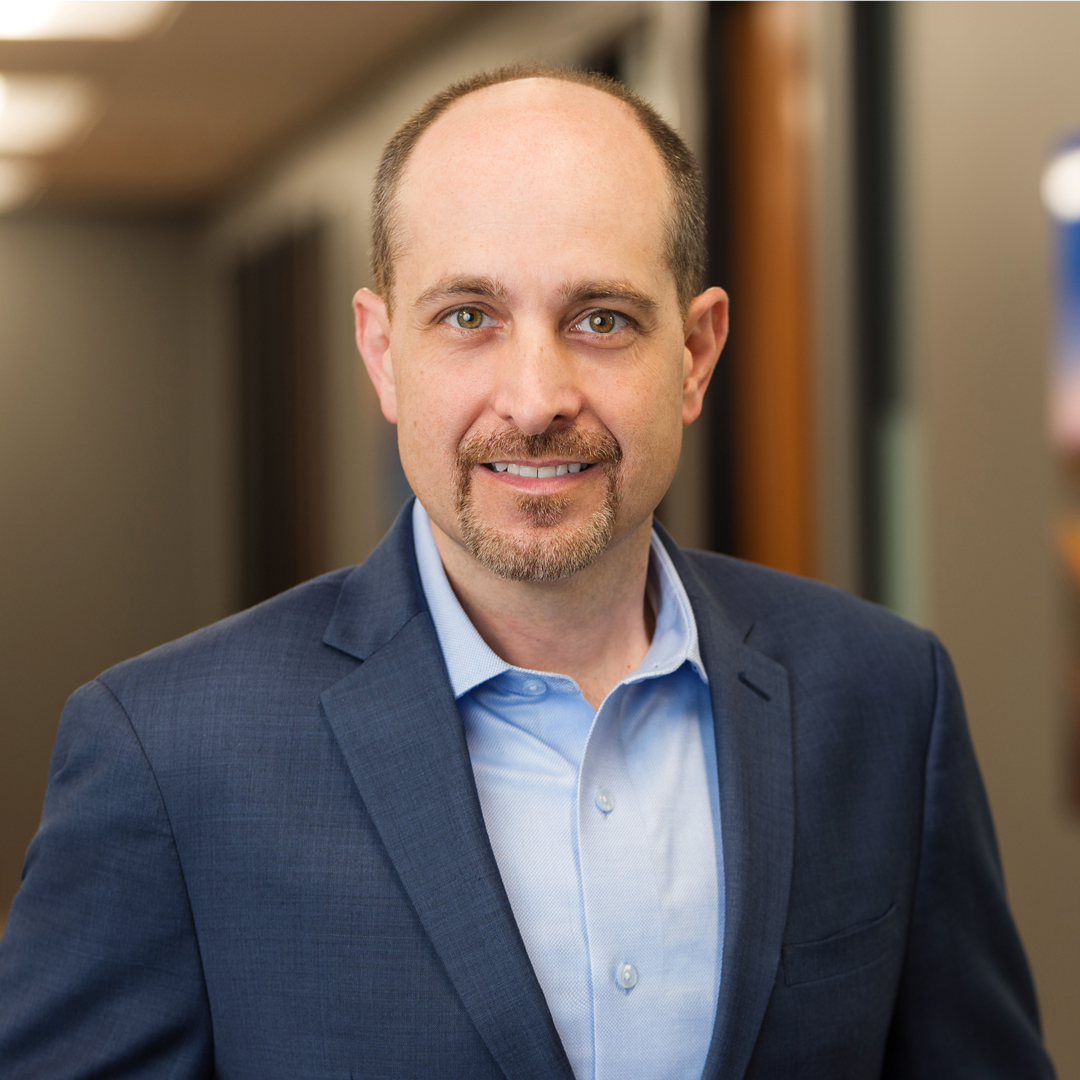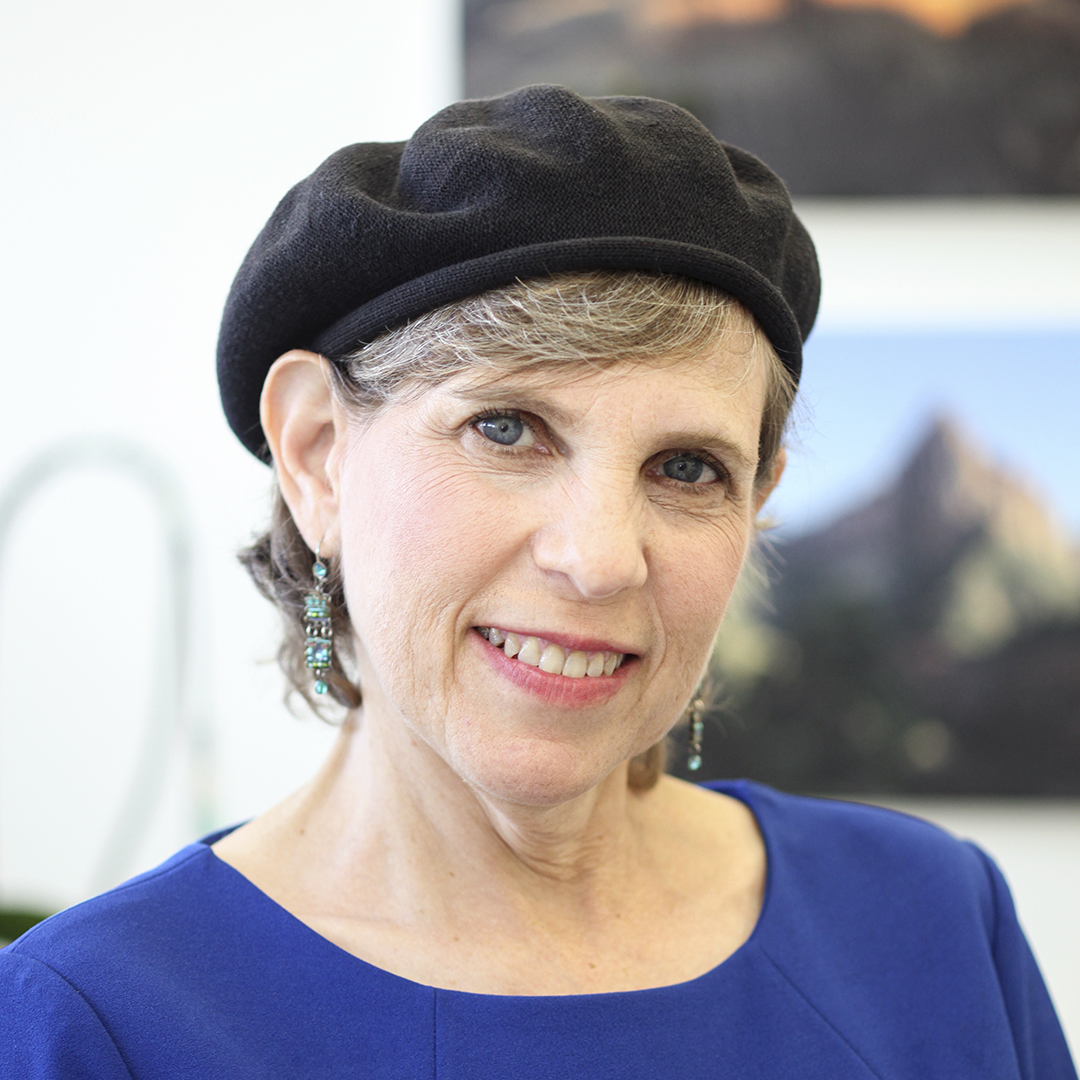Maryam Abdul-Kareem always knew she wanted her job to be centered around helping others. It was at eight years old, when she was stricken with a bout of strep throat, that she considered pursuing the world of science and medicine.

“I just remember looking at this pink bottle in the refrigerator door and thinking it was magic,” Maryam says of the medicine that helped cure her. Growing up in a home where her family primarily practiced homeopathic cures, this pink bottle, a prescription of amoxicillin, was the first encounter she recalls with pharmacy-grade medicine.
“With that experience, I became fascinated with the idea of medicine as a science,” she explains. “I started to think about being a doctor when I grew up—I wanted to have something to do with medicine.”
A year or so later, Maryam moved with her family from the United States to a small village in Senegal, West Africa, to aid in the development of a medical clinic and school system. While there, she witnessed the difficulties that the people of the village underwent to get access to healthcare. She also spent a considerable amount of time with an American female physician who helped found the clinic. “Those experiences and that relationship strengthened my interest in medicine, healthcare, and access to healthcare. I was dead-set on growing up and becoming a doctor,” Maryam explains.
During her undergraduate studies, she set out to do exactly that. “Initially, I majored in biology, but I realized pretty quickly that I was more fascinated with the medicine itself than the practice of medicine,” she says. So, she changed her major, graduated, and worked in a lab doing early-stage drug development work. This lab work got the wheels turning in her head: if these were the early stages, what happens with pharmaceuticals further along in the process?
Before pharmaceutical drugs can even reach the consumer, they must pass through a heavily regulated, legal process. Maryam wanted to know more about this process, so, while still working at the lab, she pursued a master’s degree in biotechnology.
“In that program, I ended up focusing on regulatory affairs, and that’s where I began to meet a lot of lawyers that practiced in the healthcare and pharmaceutical space,” she explains. “Meeting these lawyers made me think about a career that would allow me to serve science and the pharmaceutical industry but not necessarily as a scientist.”
She continued with product development work for a few years in the industry before deciding to pursue a law degree from Georgetown. After obtaining her JD and working as an M&A lawyer in private practice for some time, Maryam landed a position at AstraZeneca.
As of 2019, she now leads a team of lawyers at AstraZeneca. Maryam acknowledges she traveled an unconventional route to arrive at her current position as assistant general counsel, but she believes that her commitment to lifelong learning and attitude that focuses on drawing from experience best translates in the way that she leads her team.
“The most important thing that I have learned so far about guiding a team is that you have to figure out how to motivate individual people based on who they are and what they need and how to empower them,” she says.
“There are visible and non-visible forms of diversity, and inclusion to me means creating an environment where people don’t feel like they need to assimilate to a majority in order to be successful.”
And to Maryam, empowering others means balancing empathy with mentorship. “Part of it is being direct with compassion and part of it is helping people know where they stand in a situation,” she explains. “You have to help people understand the environment they’re in so they can best succeed.”
Maryam believes that inclusion, and the effort to strengthen a diverse and inclusive culture through empowerment, begins with leadership. “Inclusion is both a behavior and an environment,” she says. As an African American, Muslim woman practicing law, she acknowledges that there have been a lot of spaces where she has existed as a triple minority. She believes, however, that it is possible—and up to leaders—to create environments where people can “bring their whole selves to work.”
“There are visible and non-visible forms of diversity, and inclusion to me means creating an environment where people don’t feel like they need to assimilate to a majority in order to be successful.”
Maryam seeks to break the mold of the traditional majority within both STEM fields and the law field—and she’s even branching outside AstraZeneca to make that happen.
“There are challenges in the legal profession in terms of diversity,” Maryam explains, “so AstraZeneca has signed on to a couple initiatives through which corporate legal departments make a commitment to working with law firms to try to support their diversity and inclusion efforts.”
In addition to that, AstraZeneca has just launched a global inclusion and diversity council, and Maryam has joined on as a member. “We are in the early stages, but we are looking at what we can consistently drive across the company while recognizing that needs will vary based on geography and local factors.”
With this new council, AstraZeneca is placing a large focus on affinity groups within the company. “Not only is it an opportunity for people who share similar backgrounds to support one another but it is also a place from which we as a company can draw from those perspectives. For example, if we are working on treatments for a disease that affects a particular population disproportionately, it would only be wise and prudent to make sure that within our own organization, we are talking with and including people from that community to make sure that we are as impactful as possible.”
Luckily, throughout her life Maryam has never been a stranger to taking opportunities to break the mold and make an impact. And in her position, Maryam’s unconventional route lands at the intersection of AstraZeneca’s path of delivering life-changing medicines, allowing her childhood curiosity to thrive alongside the mission of her adulthood.


